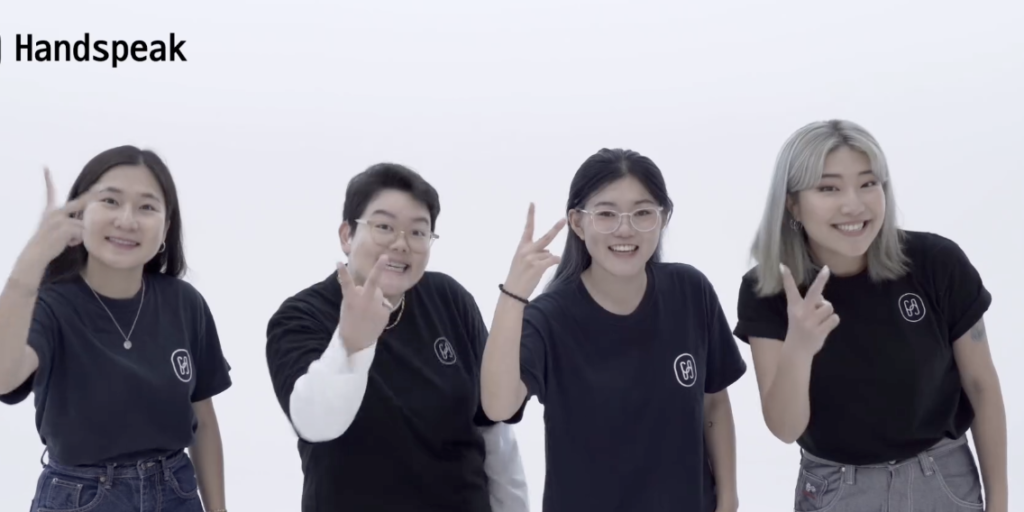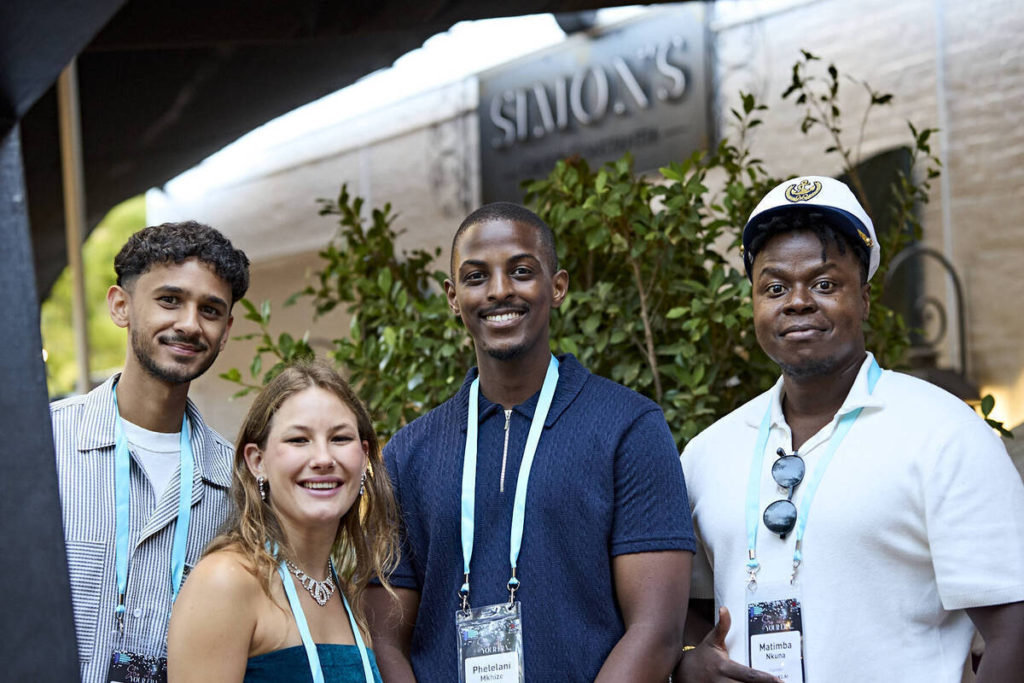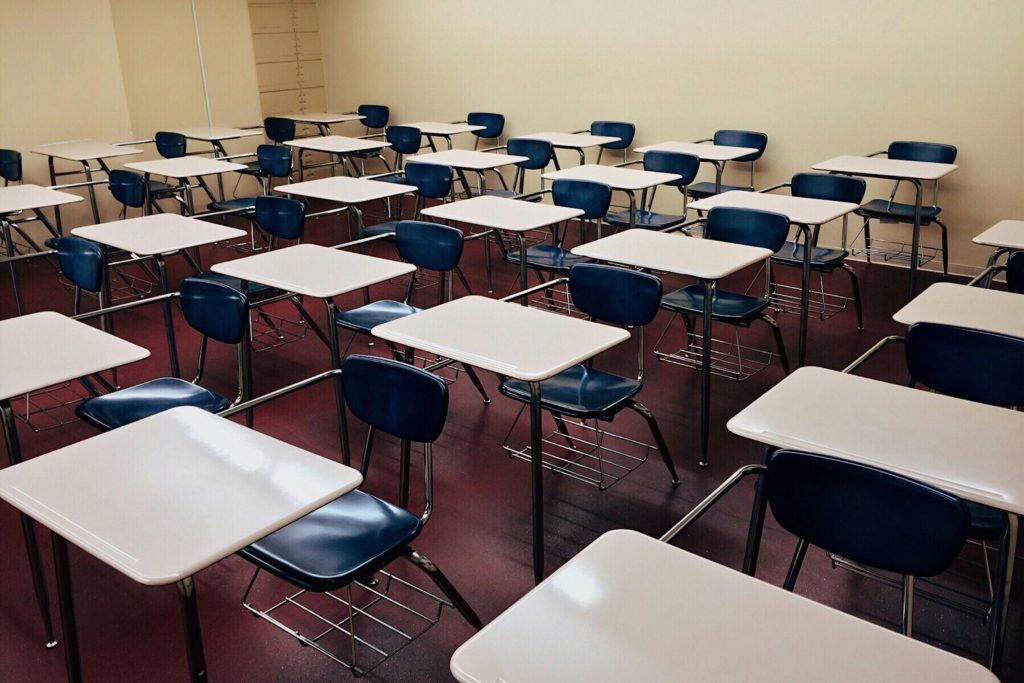BY Nkosazana Ngwadla
Korean artists ‘Handspeak’ and South African artists performed at a festival showcasing Deaf culture as part of celebrations at Wits.
The Centre for Deaf Studies at Wits University is celebrating 25 years of leading deaf education in the country. The Centre introduced the first professional teacher training programme for teachers of the Deaf in the early 2000s, paving the way for quality deaf education in South Africa.
Beyond teaching and research, the Centre has been a key contributor towards building an inclusive society. It is the go-to partner for families of deaf and hard-of-hearing babies, which through the Hi Hopes programme, provides psycho-social and language support to families across six provinces. This reach is increasing. In addition, the Centre has a dedicated SafeSpace programme to support Deaf victims of gender-based violence (GBV).
The Centre is marking its jubilee with a programme of activities that include panel discussions, workshops and social events.
This event featured Handspeak, a group of Deaf Korean performers, as well as South African Deaf artists including Rainbow Warriors, Tamatie, Ismael Mansoor and the SA Theatre Group LWuD, who performed excerpts from the play Pink Tax with a professional performance SASL Interpreter; and offer films by Deaf artists.
Associate Professor Claudine Storbeck at the Centre says that the 25th anniversary is a significant milestone and an opportunity to reflect on successes and foster greater integration.
“We are excited about the festival which is a partnership between the Centre and SociGO, a non-profit company run by Deaf young people. Our goal was to showcase deaf talent and build bridges. We are thrilled that the Korean Ambassador to South Africa came on board by expanding the cultural experience through providing authentic Korean food and drinks before the show.”
The arts are widely recognised for their power to unite people and traverse societal boundaries.
Artistic Director at LWuD Theatre, Noxolo Bhengu, whose play Pink Tax has been adapted for the festival on Friday, says she is proud of the experimental piece, which incorporates an interpreter who is specialised in performance interpreting using South African Sign Language.
“Uniting deaf and hearing communities in artistic spaces will help to break down stereotypes and challenge misconceptions,” says Bhengu. “As theatre makers, artists, and people responsible for facilitating platforms for creative expression and involvement, it is important for us to consciously move towards inclusion and anti-ableism within our industry by recognising that talent and creativity should be accessible to everyone. Including deaf artists in mainstream productions is a vital step towards a more inclusive representation of the diverse world that we live in.”
Pink Tax delves into the harrowing reality of human trafficking by pulling back the curtain to the dark underbelly of this modern-day slavery.
In line with developing Deaf culture, the Wits Centre houses the largest single collection of art by Deaf artists in Africa, including art by the 81-year-old South African DeafBlind artist, author and pastor, Cyril Axelrod.
Image and source: Wits












